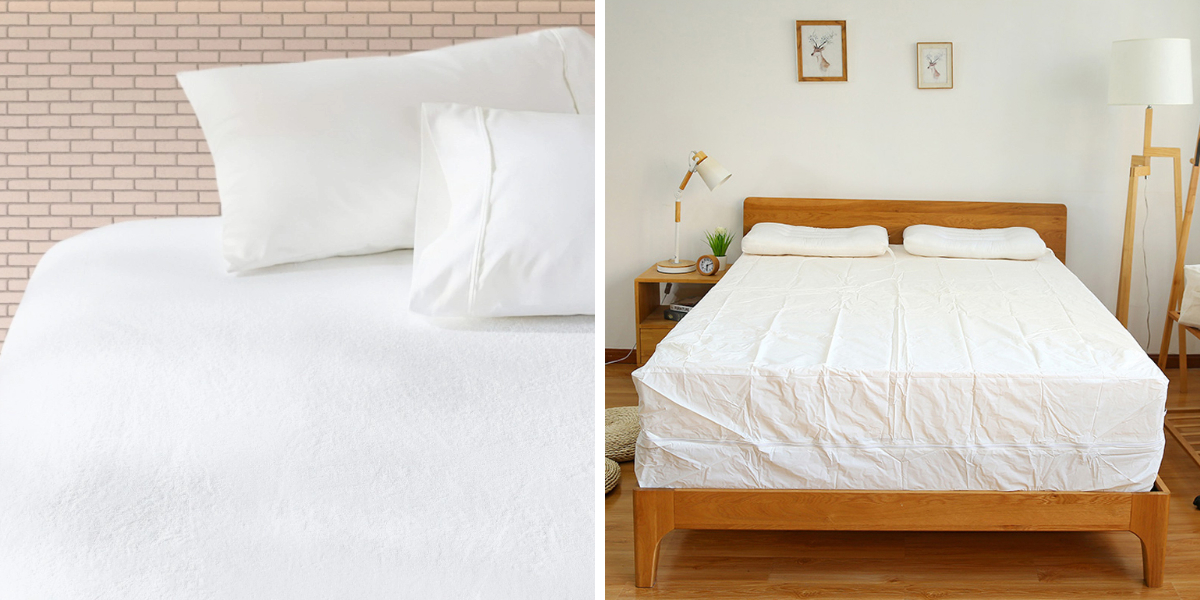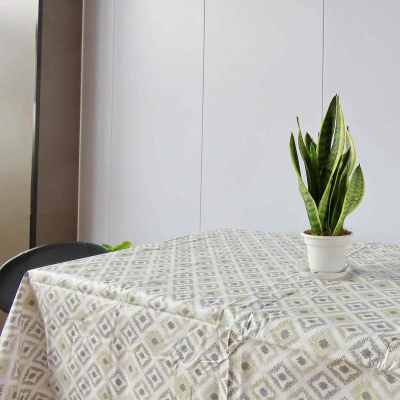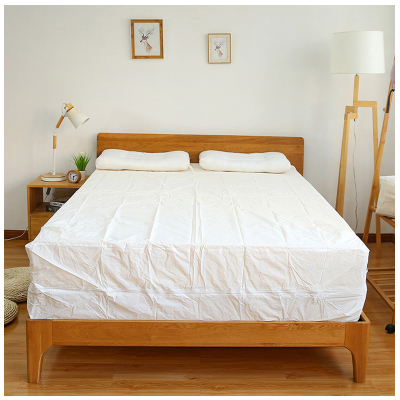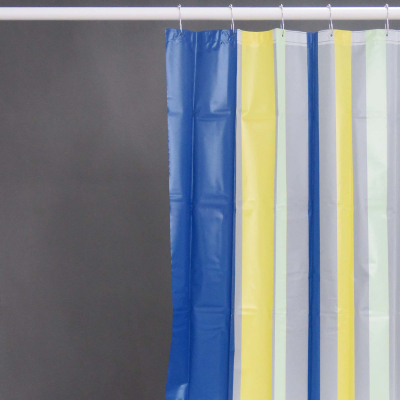Are Plastic Mattress Covers Safe?
If you’ve ever shopped for a mattress protector, you’ve probably come across plastic mattress covers. They’re everywhere — from budget-friendly options in local stores to heavy-duty versions used in hotels and rentals. But a lot of people still wonder: are plastic mattress covers safe to sleep on every night?
Let’s talk it through, in a way that’s less about technical terms and more about real-life use.
What Exactly Is a Plastic Mattress Cover?
Think of it as a shield for your bed. A plastic mattress protector is usually made from vinyl, PEVA, or similar materials. Unlike fabric-only covers, it’s:
Waterproof (a lifesaver if you have kids or pets).
Budget-friendly compared to other options.
Simple to wipe clean when spills happen.
Tougher against stains, bed bugs, and dust mites than most fabric protectors.
Some designs even come as a plastic mattress cover with zipper that fully seals your mattress — kind of like locking it in a protective case.
So, Are They Safe to Sleep On?
Here’s the honest answer: most modern plastic mattress covers are safe, but comfort depends on what you buy.
Material matters
Years ago, some cheap vinyl covers had chemicals (like phthalates) people didn’t want near their skin.
These days, many brands use PEVA or TPU instead — safer and odor-free materials. Always check the label.
They’re not the most breathable
A solid plastic barrier can trap heat. On hot nights, you might notice it more.
Some newer versions add a fabric top layer, so you don’t feel like you’re sleeping on plastic wrap.
That crinkle sound
If you’ve ever slept on a noisy cover, you know what I mean. Every turn in bed makes a sound.
Thicker or fabric-lined covers are quieter, so you don’t wake yourself up.
Hygiene and allergies
One big plus: they’re great at blocking bed bugs, dust mites, and liquids.
A zippered plastic mattress protector is especially popular in rental homes and dorms because it completely seals the mattress.
![Are Plastic Mattress Covers Safe? Are Plastic Mattress Covers Safe?]() Who Actually Needs a Plastic Mattress Cover?
Who Actually Needs a Plastic Mattress Cover?
Not everyone. But here’s when it makes sense:
Parents with little kids → accidents are easier to clean up.
Pet owners → protects against muddy paws and the occasional mess.
Landlords or Airbnb hosts → quick wipe, good as new.
Anyone dealing with allergies or bed bugs → plastic makes a solid barrier.
If you love the waterproof protection but hate the “plastic” feel, just layer it. A fitted sheet or even a thin mattress pad on top can make a big difference in comfort.
The Ups and Downs
Why people like them:
100% waterproof
Easy to clean
Keeps pests out (especially with zippers)
Cheaper than fabric protectors
Why people don’t:
Can feel hot
Sometimes noisy
Not as soft as cotton or bamboo covers
![Are Plastic Mattress Covers Safe? Are Plastic Mattress Covers Safe?]() Tips for Picking the Right One
Tips for Picking the Right One
If you’re leaning toward buying one, here’s what to keep in mind:
Material check → look for “PVC-free” or “phthalate-free.” PEVA or TPU covers are better.
Zipper option → a plastic mattress cover with zipper keeps out bugs and allergens more effectively.
Right size → don’t buy a queen cover for a king mattress. Sounds obvious, but it happens.
Comfort layering → if it feels too warm, add a breathable sheet or mattress topper.
Read reviews → real users will tell you if it’s noisy, smelly, or comfortable enough.
Are There Alternatives?
Yes, plenty. If you want protection but don’t like the idea of plastic against your bed:
Cotton covers with a waterproof lining → softer and breathable.
Hybrid protectors → fabric top, plastic core.
Encasement covers with TPU film → lightweight, quiet, and still waterproof.
These give you protection without some of the drawbacks of traditional vinyl covers.
Final Take: Safe or Not?
In general, plastic mattress covers are safe as long as you pick a modern, non-toxic version. They’re practical, affordable, and they really do protect your mattress from spills, pests, and wear. The trade-off is comfort — they can be hotter and noisier than fabric covers.
For a lot of people, the best setup is using a plastic mattress protector underneath and layering a soft sheet or quilted pad over it. That way, you get peace of mind without losing comfort.
So, if you’re asking yourself whether a queen plastic mattress cover or a zippered vinyl protector is worth it — the answer is yes, as long as you choose carefully.
👉 Bottom line: plastic mattress covers aren’t perfect, but they’re safe and useful. Think of them as an insurance policy for your bed — not glamorous, but reliable when you need them.

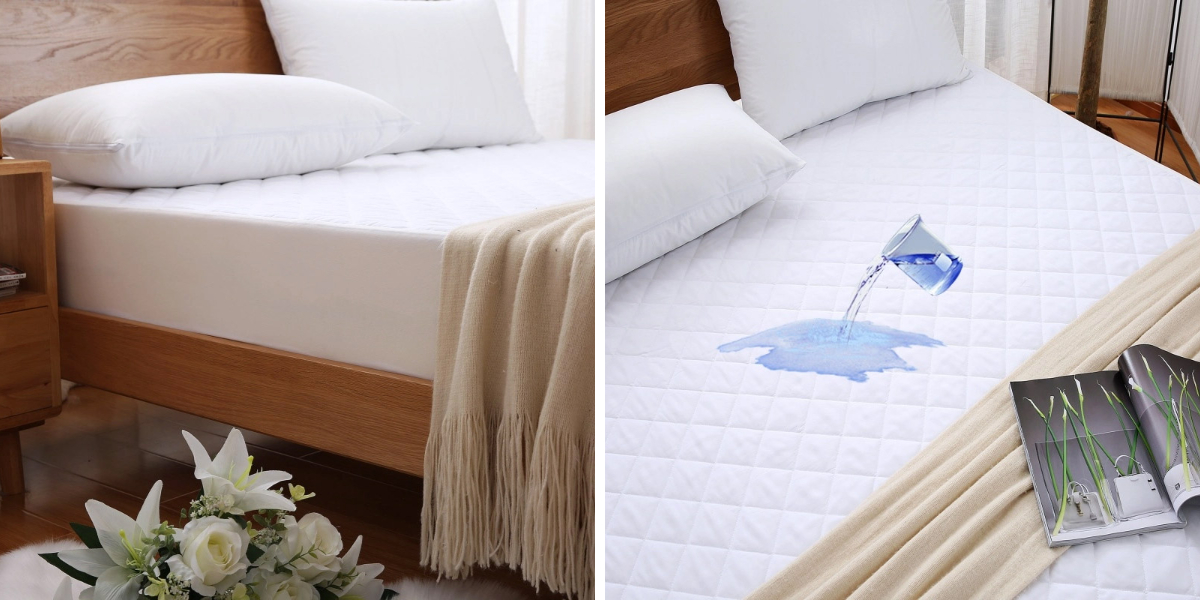
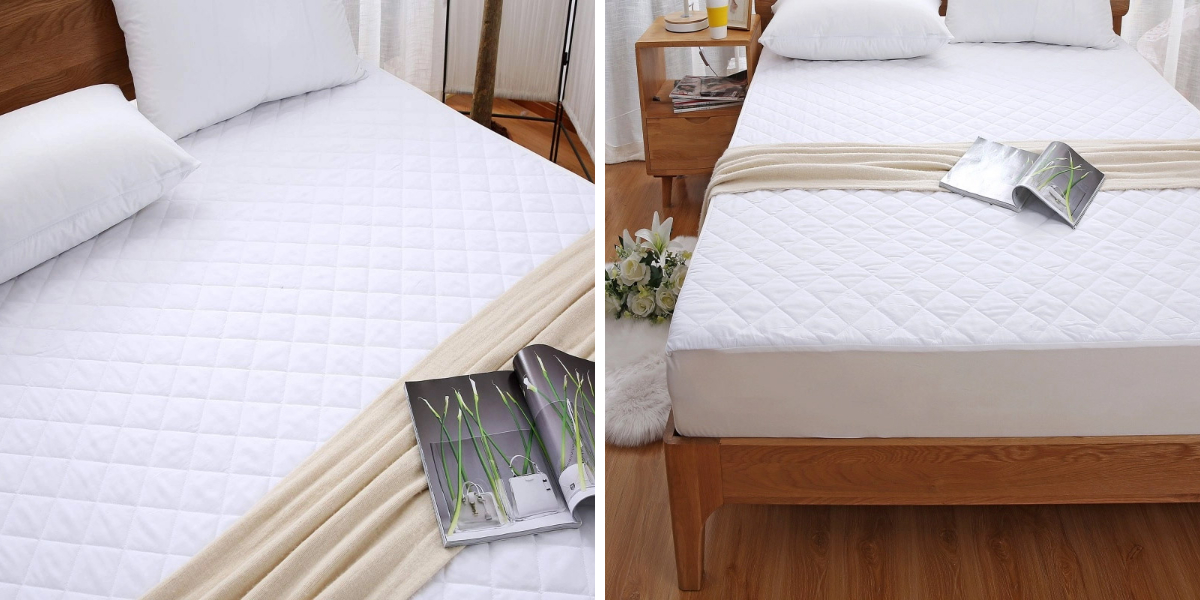 Who Actually Needs a Plastic Mattress Cover?
Who Actually Needs a Plastic Mattress Cover?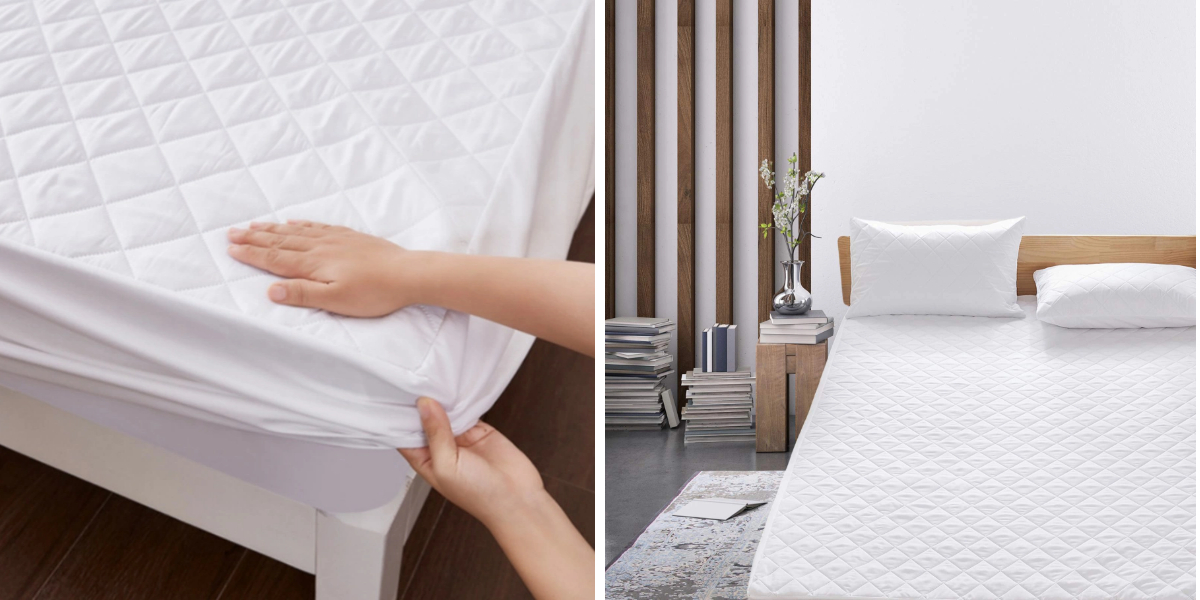 Tips for Picking the Right One
Tips for Picking the Right One